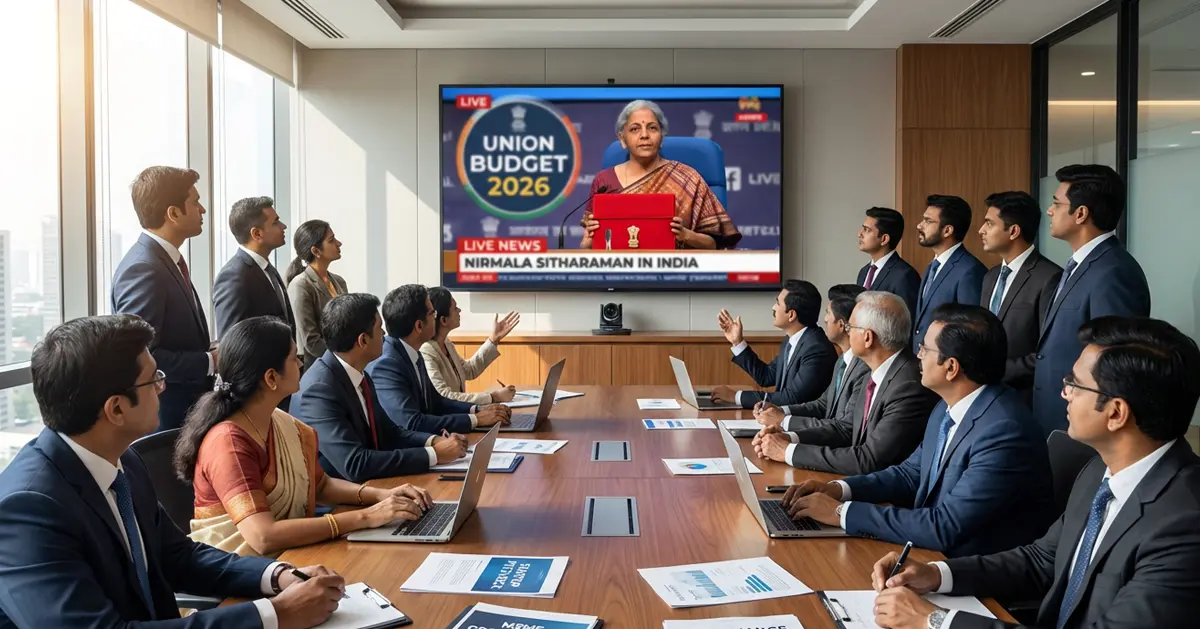
What do we understand about Insurance Marketing Firm ?
A new route of distribution for soliciting or obtaining insurance products is the Insurance Marketing Firm. It distributes other financial products by hiring people who are authorized to promote, distribute, and provide customer service for these kinds of products. Marketing is essential for boosting client engagement, expanding market reach, and propelling growth in the quickly changing Indian insurance sector. By using cutting-edge marketing techniques and distribution networks to promote insurance goods and services, Insurance Marketing Firms (IMFs) play a crucial role as middlemen between insurers and consumers. This in-depth research examines the environment, roles, difficulties, and prospects of IMFs in the insurance industry in India.
What is IRDA ?
The Insurance Regulatory and Development Authority of India, or IRDA, is the highest authority overseeing and regulating the insurance industry in India.
A number of laws and regulations pertaining to the functioning and operation of the insurance industry have been enacted by the IRDA Act, which formed the regulator of the insurance sector in India in 1999. Section 114A of the 1938 Insurance Act enumerates these laws and regulations.
August 2000 saw the IRDA open registration requests, enabling businesses to invest up to 26% in the market. In the event that laws and regulations change, the IRDA notifies insurance carriers. Life and general insurance businesses doing business in India are subject to oversight and regulation by the Insurance Regulatory Authority of India.
What are the functions performed by Insurance Marketing Firm?
An Insurance Marketing Firm will be allowed to perform the following functions as per the IRDA:
Procure and Solicit Insurance goods:
- At any given moment, a solicitor purchases insurance goods from two general, two life, and two health insurance providers. Regarding general insurance, only retail lines of insurance products—auto, health, personal accident, householders, shopkeepers, and other insurance products periodically approved by the IRDA—as specified in the file & use guidelines may be solicited or procured by the Insurance Marketing Firm.
Execute Insurance Servicing Tasks:
- Execute back-office operations for insurers as permitted by the IRDA’s Guidelines on Outsourcing Activities by Insurance Companies
- Obtain approval to work with Insurance Repositories
- Utilize professional surveyors and loss assessors on staff to carry out survey and loss assessment activities
Commercialization of additional financial goods, such as:
- Mutual funds of mutual fund companies regulated by SEBI
- Pension products regulated by PFRDA
- Other financial products distributed by SEBI licensed Investment Advisors
- Banking/ financial products of banks/ NBFC regulated by RBI
- Non-insurance products offered by Department of Posts, Government of India
- Any other financial product or activity permitted by the IRDA from time to time
What are the Requirements for Obtaining Insurance Marketing Firm Registration?
The Insurance Regulatory and Development Authority of India (IRDAI) has established a number of essential conditions for the Insurance Marketing Firm (IMF) licensing procedure in India. In order to be registered as an IMF, an entity needs to meet the requirements listed below:
- Eligibility: The applicant must be a firm with a minimum net value of INR 10 lakh that is registered under the Companies Act of 2013.
- Management: A board of directors including members with appropriate insurance and financial services experience and knowledge is required of the applicant organization.
- Infrastructure: In order to carry out insurance marketing activities successfully, the applicant must have sufficient physical infrastructure, including office space, communication facilities, and technology infrastructure.
- Compliance: The applicant must abide by all laws and rules, especially those pertaining to consumer protection, corporate governance, and financial reporting.
- Training: To maintain proficiency in insurance marketing techniques, the applicant must guarantee that its staff members complete the necessary training and certification programs as stipulated by the IRDA.
- Code of Conduct: The applicant must abide by a code of conduct set forth by the IRDA, which covers information disclosure, fair customer treatment, ethical business practices, and dispute resolution.
- Application Process: The company’s memorandum and articles of association, board resolution, financial statements, infrastructure specifications, and compliance certificates, among other necessary papers, must be included in a formal application that is submitted to the IRDAI.
- Payment of Fees: The applicant shall pay the IRDA-specified prescribed registration fee.
After the application is submitted and all conditions are met, it is evaluated by the IRDA using the previously stated criteria. Enabling the organization to start insurance marketing activities in India, the IMF registration is granted if the application satisfies the standards and the IRDA is pleased with the applicant’s eligibility, infrastructure, compliance, and management. In order to keep their registration status and conduct business in the nation as law-abiding, moral insurance marketing companies, applicants must carefully follow the legal requirements and complete all requirements.
Services offered by Insurance marketing firms :
Insurance marketing firms offer the following services:
- Product Promotion and Distribution: To meet the various needs of individuals and businesses, IMFs market and sell a broad range of insurance products, including life, health, auto, and general insurance.
- Customer Acquisition and Retention: IMFs use a variety of multi-channel marketing techniques, including as social media, digital platforms, direct sales, and partnerships with distribution partners, to attract new consumers and hold on to their current clientele by providing them with individualized attention and value-added services.
- Market research and analysis: Gathering information about consumer preferences, market trends, and new opportunities using customer surveys, market research, and data analytics to guide marketing campaigns, pricing plans, and product development.
- Training and Development: To guarantee regulatory compliance and provide top-notch customer service, insurance agents, sales executives, and customer service personnel should receive training, certification, and skill-enhancement programs.
Rules And Regulations:
- Licensing and Registration: In order to operate as an IMF in India, an IMF must receive a license from the Insurance Marketing Firm Regulations, 2015, which outline the eligibility requirements, capital requirements, and compliance obligations.
- Code of Conduct: IMFs are required to follow a code of conduct that is set forth by the IRDA. This code covers things like fair and ethical treatment of consumers, information disclosure, and prompt and transparent dispute settlement.
- Regulatory Oversight: To ensure adherence to legal requirements, keep an eye on market behavior, and protect policyholders’ and the public’s interests, the IRDA oversees and regulates IMFs.
What are the challenges and opportunities?
- Market Competition: There is fierce rivalry between insurance providers, IMFs, and other distribution channels. This competition makes it difficult to stand out in the market, attract new clients, and maintain profit margins. As a result, creative value propositions and marketing techniques are required.
- Regulatory Compliance: Regulatory regulations are always changing, necessitating investments in regulatory technology (RegTech) solutions, continual monitoring, and improvements to commission structures, licensing standards, and consumer protection laws.
- Technological Upheaval: Rapid technological advancements, such as data analytics, artificial intelligence, and digital distribution platforms, offer IMFs the chance to improve customer engagement, market penetration, and operational efficiency. However, they also pose challenges in terms of cybersecurity risks and adaptation to change.
- Market Expansion: IMFs have enormous development potential in underserved segments, such as rural markets, microinsurance, and specialized insurance products catering to specialty segments. These segments are made possible by rising insurance awareness, rising disposable incomes, and positive demographic trends.
The dynamic industry that drives insurance penetration, improves consumer engagement, and promotes financial inclusion is reflected in the landscape of insurance marketing firms (IMFs) in India. IMFs play a crucial role as intermediaries in India’s insurance market, which is still growing and changing. They use cutting-edge marketing techniques, distribution networks, and technological platforms to raise consumer awareness of insurance and make it easier to sell insurance to a variety of demographic groups. IMFs must adhere to strict eligibility criteria, compliance regulations, and a code of conduct in order to operate in a transparent, fair, and ethical manner. This is ensured by the regulatory framework set by the Insurance Regulatory and Development Authority of India (IRDAI).
IMFs are essential to raising consumer knowledge of insurance, reaching a wider audience, and propelling the insurance industry in India. IMFs, with their dedication to professionalism, ethics, and customer-focused approach, are well-positioned to persist in their noteworthy contributions towards India’s development of a more comprehensive and diverse insurance market.
Frequently Asked Questions
The process of strategically marketing insurance goods and services to their intended markets is known as insurance marketing. Financial security and risk management are topics covered by the insurance sector.




